On 10 July 2014, the 45th Ordinary Session of the Conference of Heads of State of the Economic Community of West African States (Ecowas) held in Accra formally approved the initialled Economic Partnership Agreement and paved the way for the signing, ratification and implementation of the EPA. With this in mind, Enda’s African Centre for Trade and Development Integration, in partnership with Osiwa (Open Society Initiative for West Africa), yesterday opened a dialogue on the theme: « The Economic Partnership Agreement, Regional Sectoral Policies and Development in West Africa: Threat or Opportunity », in order to facilitate a common understanding of the content and commitments made in the EPA. The objective of this dialogue is to create a multi-stakeholder space for open and inclusive exchange on the opportunities and threats of the EPA.
According to Cheikh Tidiane Dièye, Director of Enda Cacid and member of the EPA Regional Negotiating Committee, « even if a certain section of civil society does not agree with the EPA, we must not confine ourselves to a simplistic approach of for or against the EPA. For him, « it is a debate that we must pose as intellectuals for dialogue and consultation. Because the most important thing is to question our development strategy and vision of integration in order to see in what way this agreement allows us to move forward or may constitute an obstacle to what we want to do.
Beyond this agreement, the idea is, according to Cheikh Tidiane Dièye, to « discuss our sectoral policies, especially since we have an agricultural policy that we are implementing in West Africa, a trade policy in the making, and we should identify the threats and opportunities. And freely, each State, after having made all this debate, can decide according to the appropriate democratic mechanisms if it wants to ratify the agreement or not ».
The meeting brought together a strong ECOWAS delegation, a strong representation of regional civil society, the private sector, parliaments and many actors interested in the process.


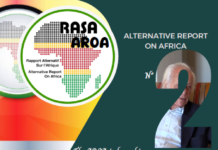

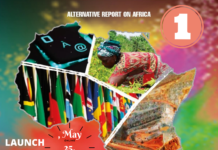
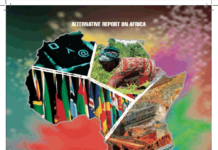
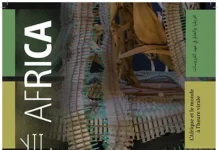
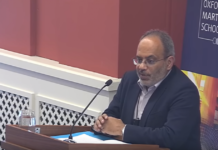

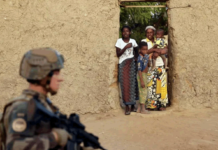
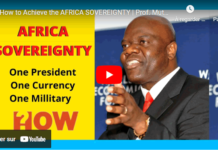
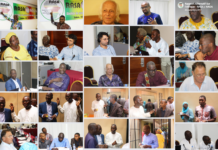
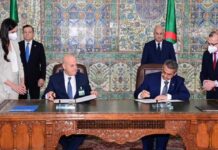

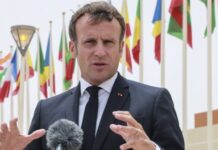
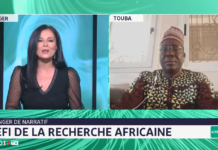
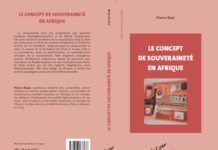
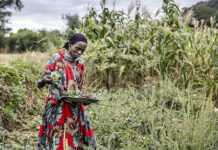


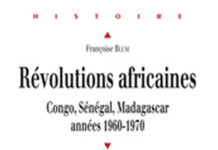
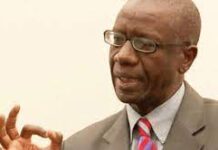



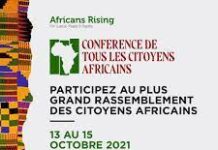



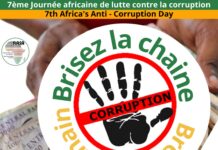


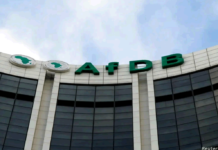

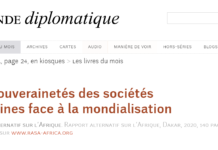

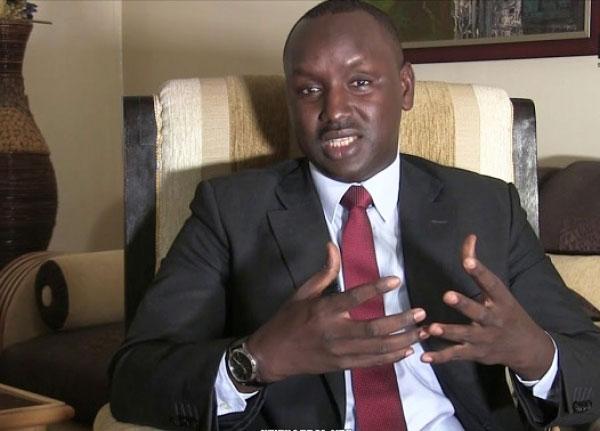
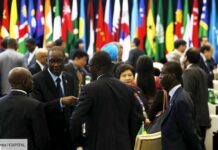

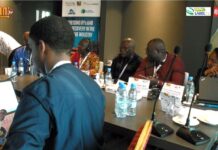

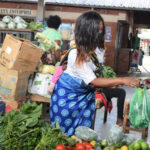






This is a topic that is near to my heart… Best wishes!
Exactly where are your contact details though?